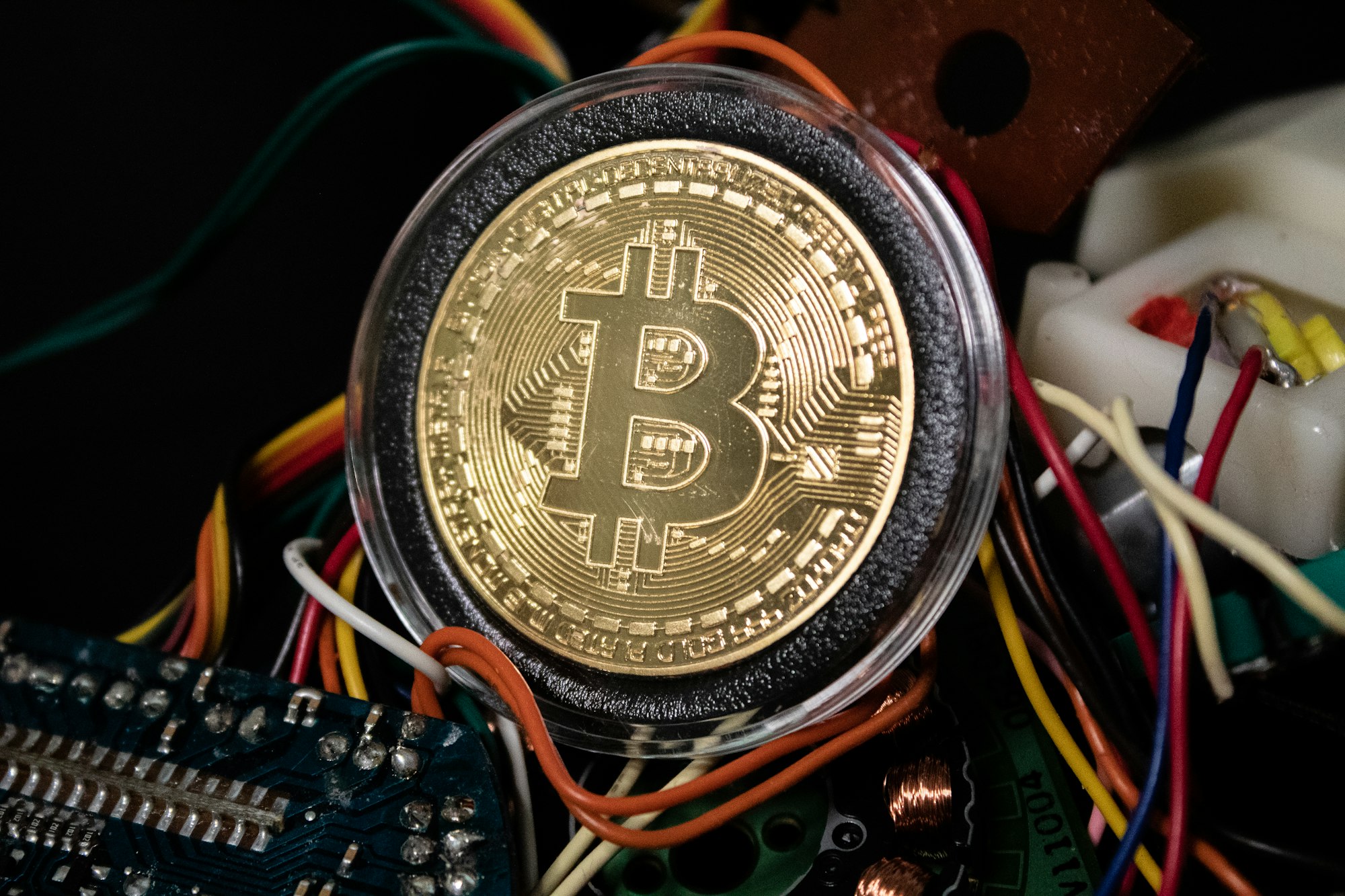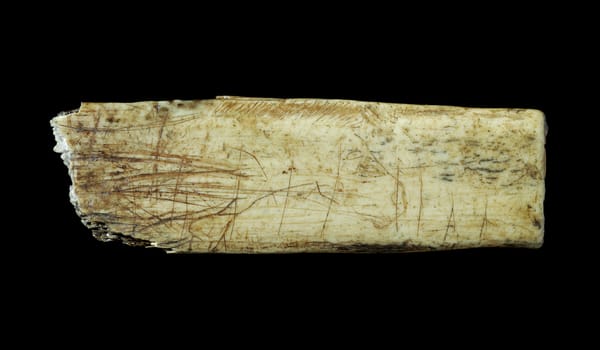How Crypto’s Growing Role in the Art Market Raises Opportunities and Risks
As major auction houses embrace cryptocurrency payments, the art market is attracting new digital-savvy collectors.

The art market’s embrace of cryptocurrency is no longer experimental—it is becoming an established trend. Major auction houses, including Christie’s, Sotheby’s, and Phillips, have integrated crypto payments into their sales strategies, citing increased interest from younger, digitally savvy collectors. While this shift introduces new opportunities, it also raises questions about financial transparency, regulatory risks, and long-term market stability.
The appeal of crypto in art transactions is clear. Collectors can move large sums quickly and discreetly, often avoiding traditional banking delays and currency exchange complications. For auction houses, accepting crypto opens the door to new buyers, many of whom have amassed wealth through digital assets and are eager to convert it into tangible investments.

However, the risks remain significant. Cryptocurrency markets are volatile, with values fluctuating wildly, sometimes within hours. An artwork purchased with Bitcoin today could, in effect, cost significantly more—or less—depending on when the transaction is processed. Tax implications are another concern, as crypto-based transactions in art often fall into regulatory gray areas, prompting scrutiny from governments looking to tighten financial oversight.
Security is also a challenge. Blockchain technology ensures transaction transparency, but the rise of digital art theft, fraud, and hacking incidents has made some collectors wary. As high-value art moves through blockchain networks, questions about authentication, ownership, and digital rights management continue to evolve.
Despite these concerns, auction houses remain committed to expanding their digital payment options, betting that the next generation of collectors will expect crypto to be as commonplace as credit cards. Whether this shift will provide long-term financial benefits or introduce new vulnerabilities remains to be seen, but for now, crypto’s role in the art market is only growing.
ART Walkway News
Watch Also:






